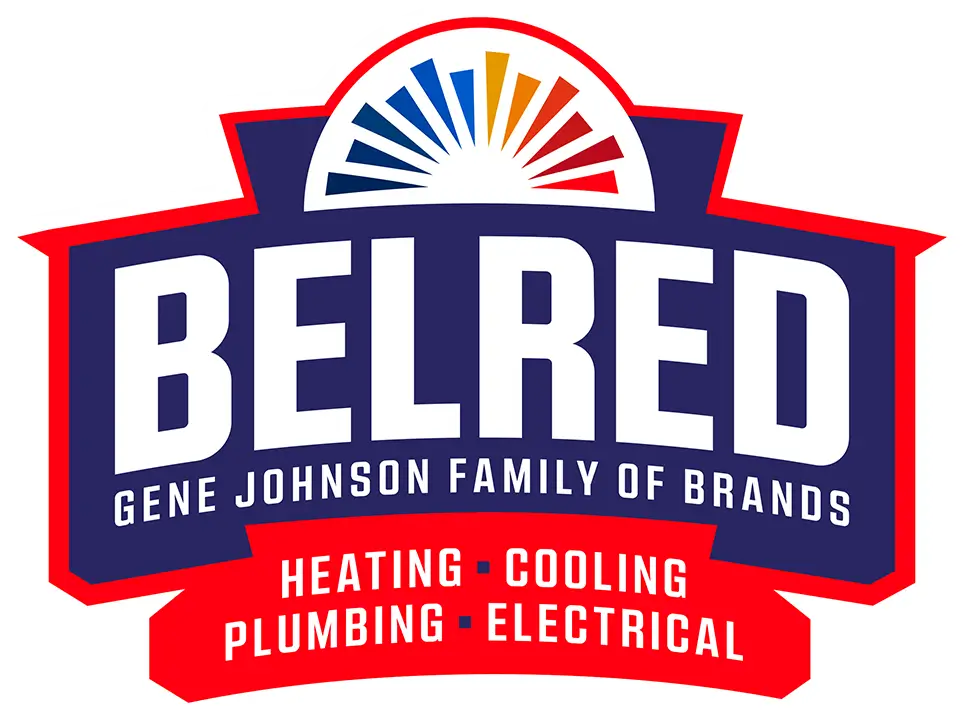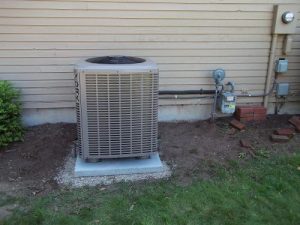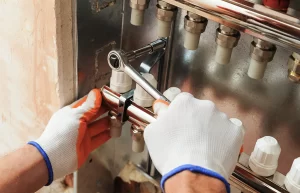There are some big efficiency changes coming to residential water heaters in the coming years. Starting in April of 2015, new efficiency standards for common water heaters will go into effect. In a decision and announcement made in 2010, the Department of Energy (DOE) released these new standards to give manufacturers, consumers and contractors time to prepare for these changes. If you’re thinking about a water heater upgrade in the near future, these decisions could affect you.
According to the DOE, the efficiency standard revisions, once in place, could save consumers up to $10 billion and prevent the release of 164 million metric tons of carbon dioxide over the next 30 years. The new efficiency standards will also reduce overall air pollution, prevent the release of extremely harmful nitrogen oxides and mercury and “avoid emissions equivalent to taking 46 million cars of the road for one year.” These are pretty drastic energy and pollution savings if the DOE’s calculations are correct.
These new standards cover both gas and electric water heaters, so they will have an impact on most homeowners and suppliers. Each type of water heating unit will have new specific energy requirements once the regulations go into effect in 2015. The typical standard of measurement for water heaters is called the energy factor (EF), which measures a water heater’s efficiency based on the amount of hot water it can produce for each unit of fuel (gas or electricity) over the course of a regular use day. The EF also indicates how efficiently heat is transferred from the energy source of the water heater to the actual water.
According to then Secretary of the DOE, Steven Chu, the potential energy saved will be crucial to increasing the overall efficiency of homes in this country in the coming years. “These energy-conserving appliance standards are a critical part of the Administration’s overall efforts to save energy in homes and businesses nationwide,” says Secretary Chu. “By raising the energy efficiency requirements of our everyday appliances, we will save money for American families and companies, reduce carbon pollution, and enhance our energy security for decades to come.”
Many water heater manufacturers have already been getting out in front of these standards by producing extremely efficient (and Energy Star rated) water heaters. However, there are some concerns for manufacturers and contractors with the new standards when it comes to water heater replacement. For example, larger water heater units will require heat pumps under these regulations, which could cause problems in certain homes due to lack of available space.
Overall, manufacturers are buckling down with production and moving full steam ahead to prepare for the new standards. Many, if not all, are currently switching to the production of models that meet these new standards ahead of time. These manufacturers, as well as contractors such as BelRed, have also been educating consumers about these upcoming changes to make sure they are as informed as possible regarding the new standards. While these new standards may present a challenge to the supply chain and the overall buying process for water heaters, the long-term impact on efficiency and energy savings will most likely be huge. If you’re thinking about upgrading your water heater and want to get ahead of these standards, don’t hesitate to contact BelRed today to review all options available to you.







